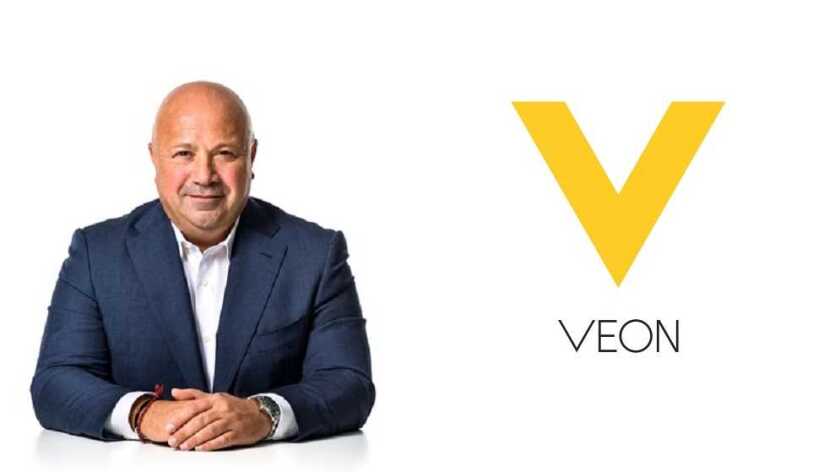Group CEO Kaan Terzioğlu (pictured) told the noteholders this morning that the company wants an extra eight months to pay back US$1.2 billion it owes. They have until this coming Friday to decide, with a meeting due next week.
“If the scheme [to delay payment] fails, the directors of Veon Holdings will need to continue to assess the company’s solvency and liquidity position up to the original maturity date of the February 2023 notes,” he says in the letter.
The problem is the difficulty of moving the money to Russia to pay Russian bondholders. Veon announced in November it was selling its Russian operations for US$2.1 billion to local management, but that is not the whole issue.
Veon is worried about two bond issues. $529 million of a $1 billion issue due on 13 February is still outstanding, as is all of a $700 million issue due on 26 April.
Terzioğlu refers to “the difficulties [it] currently faces in raising debt or equity on the international capital markets on commercially acceptable terms”.
Money held via the Russian National Settlement Depository risks “being trapped in international clearing systems”, with “no clear prospect” of getting back to Veon.
“Veon and its legal advisors have spent significant time and efforts exploring potential options to avoid having cash trapped in the international clearing systems, but at present there does not appear to be a clearly viable path to avoid this unattractive outcome,” Terzioğlu warns.
Meanwhile, he adds, if lenders agree to a delay, that “would also provide time to progress our asset monetization strategy anchored by the sale of our Russian business”.
Vimpelcom, the Russian operation that uses the Beeline brand, earned 52% of the group’s revenue before the war started.
That sale “represents the single-most material deleveraging action available to Veon Holdings and increases the prospects of Veon regaining access to the international capital markets, and thereby refinancing its indebtedness, on commercially acceptable terms”, says Terzioğlu.
This is not the first time since Vladimir Putin’s Russia invaded Ukraine in February 2022 that Veon has issued a stark warning about its future. In May 2022 the company told the US financial regulator, the Securities and Exchange Commission (SEC) that that the war against Ukraine meant it might not be able to continue in business.
Then, within hours Veon’s public relations company contacted Capacity to insist that risks communicated to the SEC “should not be read as a prediction by the company of what management actually thinks will happen, and certainly should not be read in isolation”.
But eight months later Veon is clearly having problems moving money that it needs to operate across international boundaries – in particular into Russia, which is waging a war on its neighbour and has thus been sanctioned.
Terzioğlu requested the assistance and cooperation of 2023 noteholders in connection with the scheme, and specifically requested them to vote in favour of the scheme a week tomorrow.
“We understand the significance of what we are asking and take our obligations to our stakeholders, including the repayment of our debts in full and on time, very seriously,” he said.
Following the notes due this year, Veon owes about $2.75 billion due between June 2024 and November 2027, plus 50 billion rubles due 2025-26.






